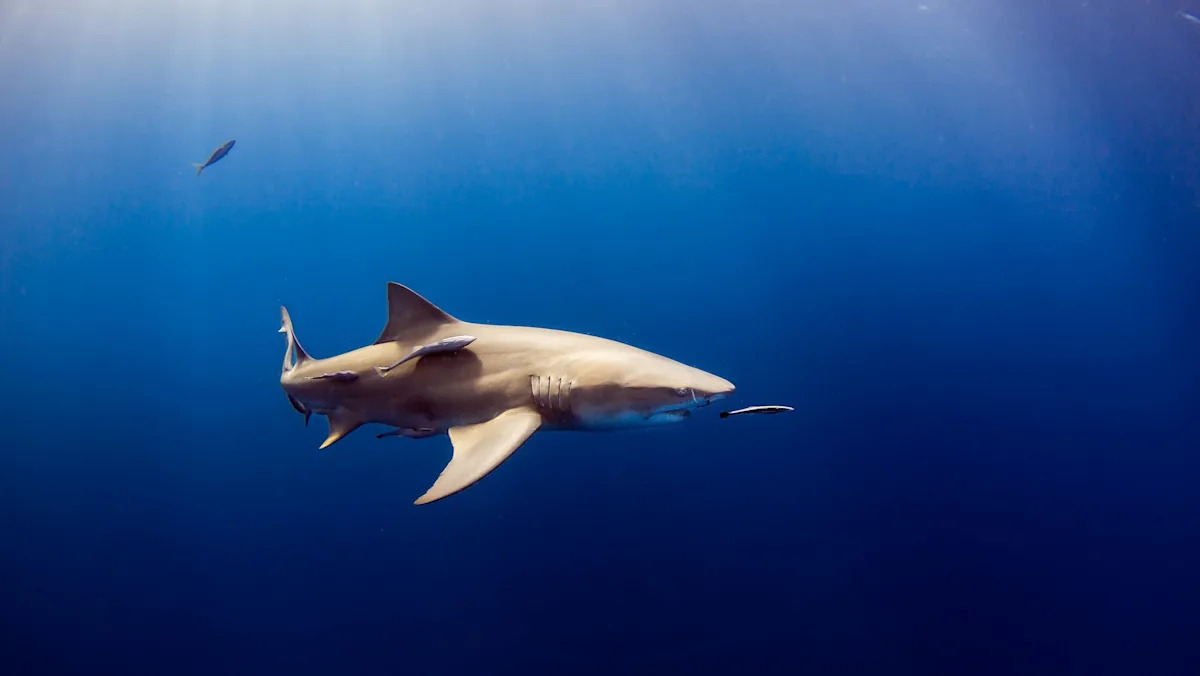Florida fishers are complaining about the “overwhelming problem” of sharks stealing their catch while it’s on the line. Researchers have found more nuance to the issue, according to Phys.org.
What’s happening?
A survey of 2,200 fishing license holders has shown roughly 43% had experienced such “depredation” incidents in the last three months. The probability of losing a catch to a shark ranged from 10% to 60%, depending on the region, species, and season. The research equally examined reports of depredation in a 6,500-member Facebook group.
Researchers also gathered DNA samples from leftover fish to determine the shark species that were engaging. Bull sharks and sandbar sharks were the primary culprits, but some of the fishing losses were attributable to goliath grouper as well.
Why are sharks important?
Despite this data suggesting an uptick in human-shark interactions and new legal protections for sharks, populations are still low compared to historical baselines. Researchers estimate that some populations are down between 50 to 90% thanks to overfishing.
“Their now-rapid population declines are very concerning given the essential roles that sharks play in keeping our oceans in balance and healthy,” said Mahmood Shivji, director of the Guy Harvey Research Institute at Nova Southeastern University, per the Bradenton Herald.
Researchers also suggest that shifting climate can create low-oxygen zones, which may drive prey species into new areas. This, in turn, would cause sharks to follow. Sharks on the West Coast have already been showing changing migratory patterns.
What’s being done about shark-angler interactions?
Some accessories are available to deter shark presence, but their cost and effectiveness remain barriers for everyday fishers. State legislators recognize the issue and have outlawed feeding sharks as it exacerbates depredation.
Researchers say there is still work to be done to solve the issue, but they are committed to gathering more high-quality data to achieve this.
“Our findings could help fishery managers in developing informed, science-based strategies to address shark depredation while balancing conservation and recreational fishing interests,” said report author Matt Ajemian. “Additionally, this study underscores the power of citizen science. By engaging anglers directly, we can gather valuable data that might otherwise be difficult to obtain, ultimately leading to more effective and inclusive fisheries management.”
Join our free newsletter for good news and useful tips, and don’t miss this cool list of easy ways to help yourself while helping the planet.

